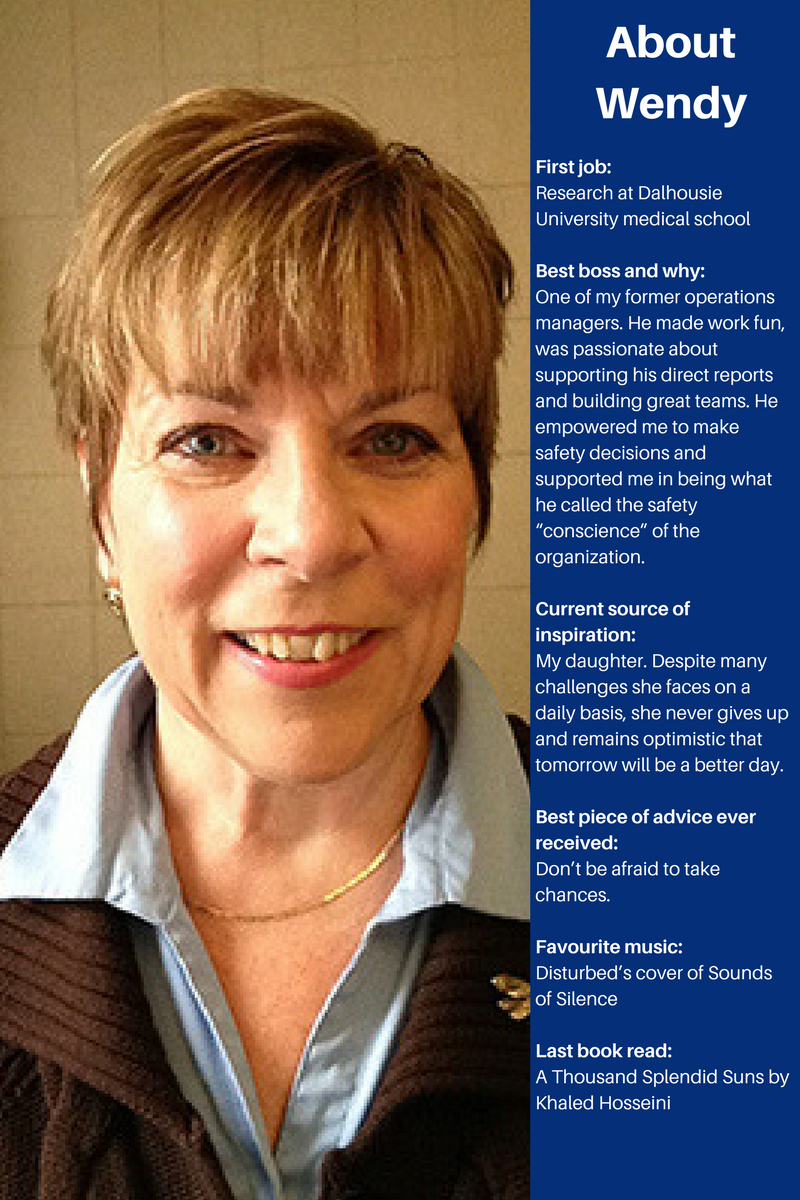When did you decide you wanted a career in occupational health and safety?
The safety culture at DuPont was so interesting and engaging, that shortly after I began working there, I was compelled to get involved with various site S&OH subcommittees, such as ergonomics, employee health, first party audits, etc. While I never planned it as a defined career path, as I did other work in the company (research, quality, operations), which all intersected with safety, it seemed a natural choice.
What was your first occupational health and safety position?
I was a site Safety, Health and Environment manager.
Tell us about your current job. What are your main areas of responsibility?
I am in a globally deployed role, so I am effectively a consultant in various areas of workplace safety. In addition to developing and maintaining corporate programs such as internal safety standards, regulatory compliance, training and audits, I visit sites to mentor/coach new safety personnel, assist in improvement initiatives, conduct assessments and deliver training.
What do you love about your job?
The people! Being able to translate regulations and corporate standards in a way that builds value, so that people understand that, at the end of the day, it’s all about ensuring they go home safely to enjoy their life. I find that very fulfilling.
What are the challenges you experience in your job?
Time. We are all doing more with less, so setting priorities is key, and sometimes something I really want to do, has to fall off the list due to more pressing needs.
What skills are important for success in the OHS field?
Organization, communication, ability to connect with people, being able to observe or “see” safety.
What tips do you have for new grads or those in entry level OHS positions who want to move up the ladder?
Find a good mentor. Ask lots of questions. Volunteer.
The OHS field has been evolving. What changes excite you most?
The ability of new technology to keep workers safe and healthy, from automation of equipment to keep workers out of harm’s way, to electronic tools, like tablets, to streamline the data collection processes.
What’s the future of the OHS profession?
OHS must be integral to a successful business plan. There is cost pressure to drive toward regulatory compliance only, but dollars invested in prevention can save more than money – it saves lives.
What do you do when you are not working?
Family and community are so important to me. I travel a lot, so I spend as much time with my family as I can. It is important to me to do charitable work, and I support several organizations, but SUDEP Aware and organ donation are two that are near and dear to me. I love words! I’m a crossword and Scrabble fanatic, and I love to read.

